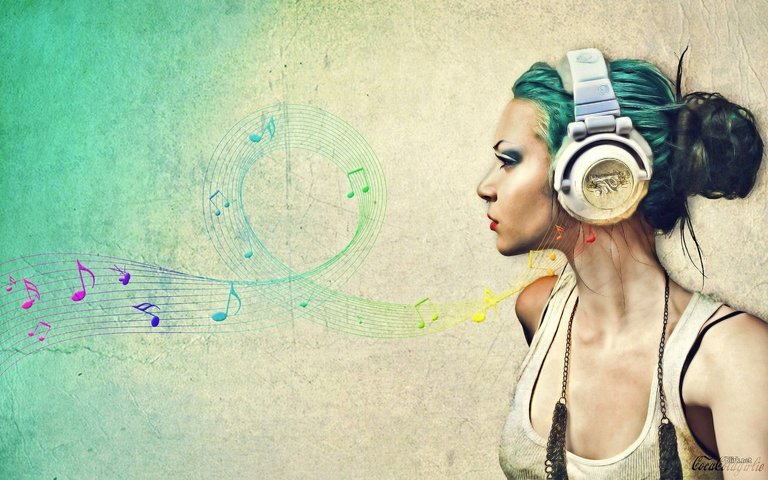
Tuning in to glad music may help produce progressively, creative arrangements contrasted with tuning in to hush, as indicated by an examination distributed September 6, 2017 in the open-get to diary PLOS ONE by Simone Ritter from Radboud University, The Netherlands and Sam Ferguson from the University of Technology Sydney, Australia.
Imagination is an essential quality in our unpredictable, quick evolving world, as it enables us to produce creative answers for an extensive variety of issues and think of crisp thoughts. The topic of what encourages inventive insight has for quite some time been contemplated, and keeping in mind that music has beforehand been appeared to profit perception, little is thought about how tuning in to music influences imaginative discernment particularly.
To explore the impact of music on inventive perception, analysts had 155 members finish polls and split them into test gatherings. Each gathering tuned in to one of four distinct kinds of music that were sorted as quiet, glad, pitiful, or restless, contingent upon their passionate valence (positive, negative) and excitement (high, low), while one control amass tuned in to hush. After the music began playing, members performed different subjective undertakings that tried their dissimilar and concurrent imaginative reasoning. Members who thought of the most unique and helpful answers for an errand scored higher in different inventiveness, while members who concocted the absolute most ideal answer for an assignment scored higher in joined innovativeness.
The scientists found that tuning in to glad music, which they characterize as traditional music that is certain valence and high in excitement, encourages more unique inventive reasoning contrasted with hush. The writers propose that the factors engaged with the cheerful music condition may upgrade adaptability in considering, so extra arrangements may be considered by the member that might not have jumped out at them as promptly in the event that they were playing out the errand peacefully.
This examination demonstrates that innovative perception might be upgraded through music, and further research could investigate how unique surrounding sounds may influence inventiveness and incorporate members of assorted societies, age gatherings, and levels of music encounter. The creators propose that their examination may likewise show that music listening could advance imaginative reasoning in economical and productive routes in different logical, instructive and authoritative settings.